Inviting people to think about food and history in the Foodlab at Paleis Het Loo
During the last three weeks of October 2022, a 17th-century Foodlab was held as part of the exhibition “Heerlijke Herfst” (Appetising Autumn) at Paleis Het Loo in Apeldoorn.
17th-century cookbook
Different recipes were taken from the 17th-century cookbook “De Verstandige Kock” and recreated as authentically as possible to allow visitors to try “true 17th-century flavours”.
Throughout
this event, we invited people to think about food, history, archaeology and the
combination of these three. We encouraged them to think about what they ate and
drank. Visitors could fill in forms in Dutch and English, with questions about
what ingredients they could detect in the food and drinks and what
social class they thought would eat this kind of food. By answering questions
and explaining more about the 17th century and the origin of the ingredients,
we aimed to involve the public in our research while teaching them more about
these topics. A pleasant surprise was the visit by Prof.dr.ir. Hester Bijl,
Rector Magnificus of Leiden University, who also sampled some of our recipes,
as seen in the picture below. We were always delighted to teach people more
about our experimental archaeology and public outreach project, but they
also taught us a lot.
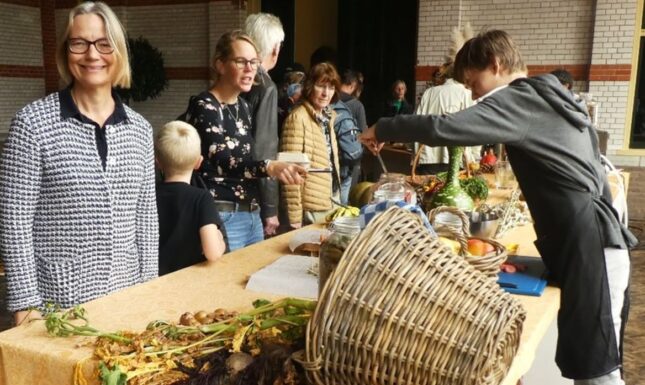
Analysis
“Everyone was eager to participate; some were even competitive. One group of ladies spent quite a while trying all our dishes and analysing every nibble and sip they took.”
Many people were surprised that the Foodlab was part of archaeological research, as most expected it to be part of food studies. This project is the newest iteration in several Foodlabs organised by Prof.dr. J.A.C. Vroom in collaboration with the Faculty of Archaeology at Leiden University. Earlier versions included a Byzantine Foodlab in 2014 in Leiden and Tastelabs of various cuisines, from Assyrian to the 19th century, Foodlab in 2017 in Rotterdam.
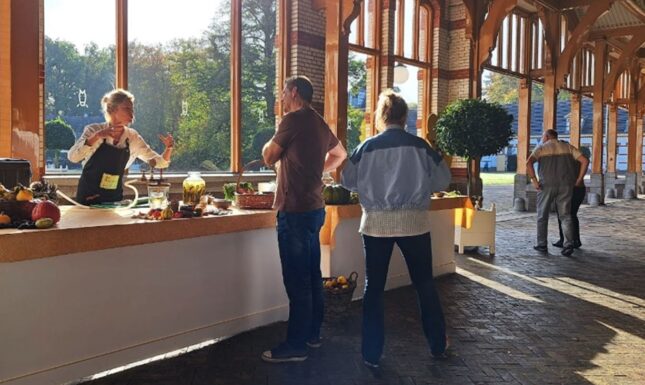
Pickled vegetables
“Visitors talked about how their parents or grandparents would pickle their vegetables. One senior lady told us how her mother’s pickled vegetables; another lady thought the savoury pastries were too bland and proceeded to teach us a better recipe she made for her grandkids.”
We worked with
historical chef Youssef el-Abassi to recreate these recipes (makingfoodhistory.nl).
We helped in the kitchen, manned the Foodlab station outside, and often helped at
the pickling station next to our table. At this stand, people could taste
several pickled vegetables and witness a demonstration of high-speed pickling
cucumbers with a vacuum machine to understand better the process people used in
the 17th century to preserve vegetables.
Photos were made by Prof.dr. Joanita Vroom.





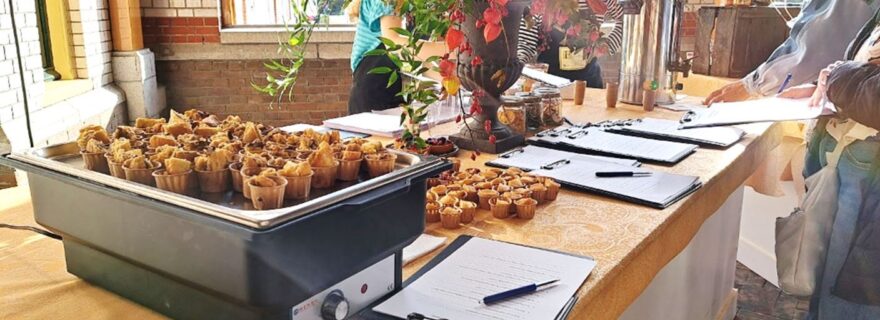
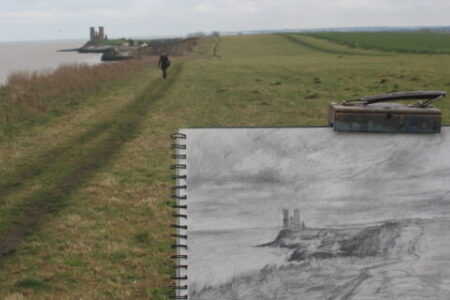
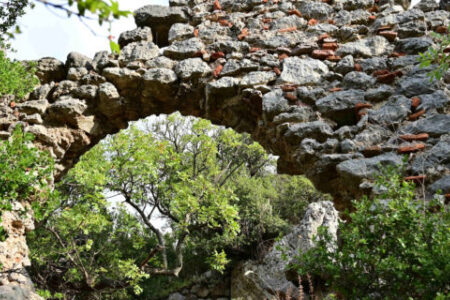
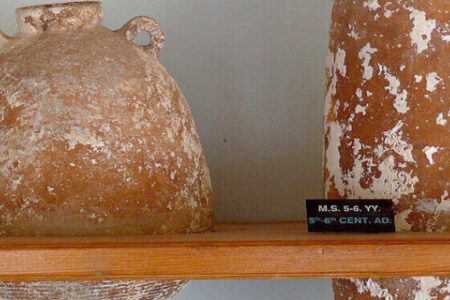
0 Comments
Add a comment